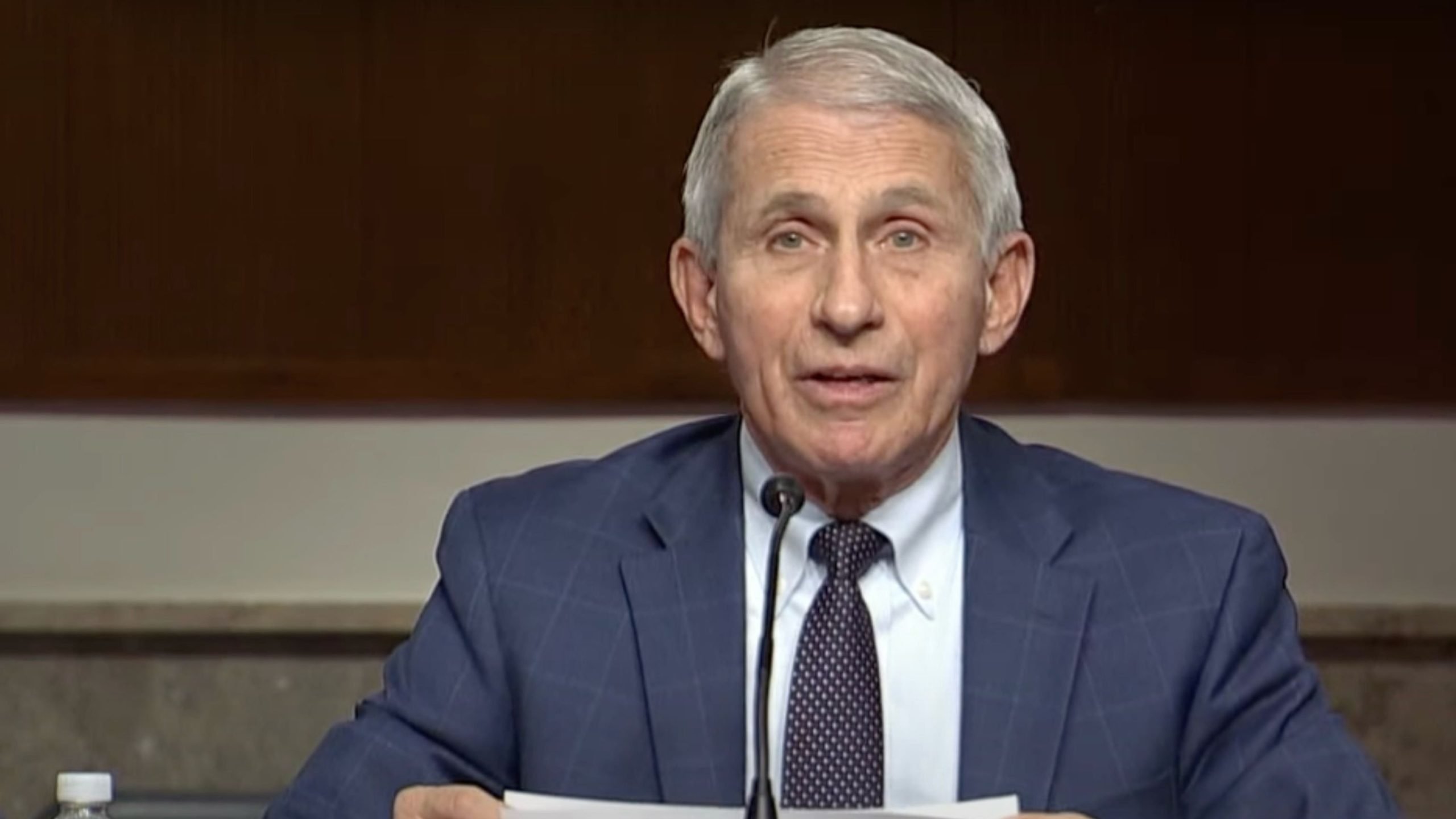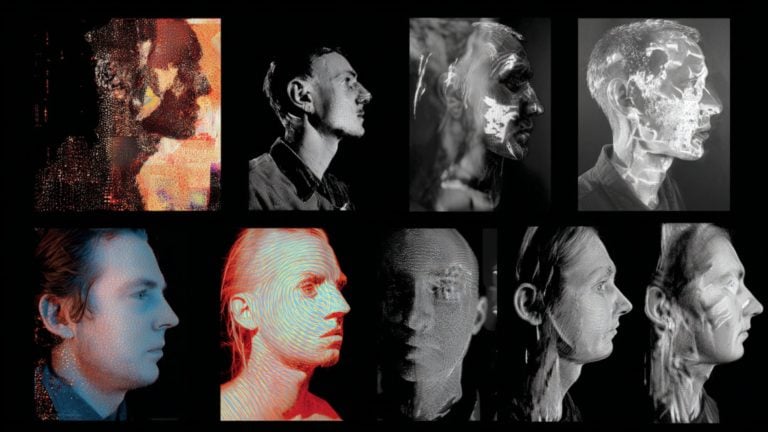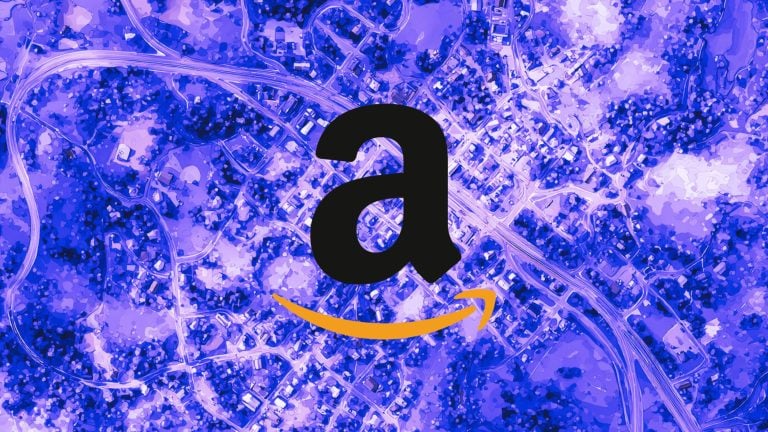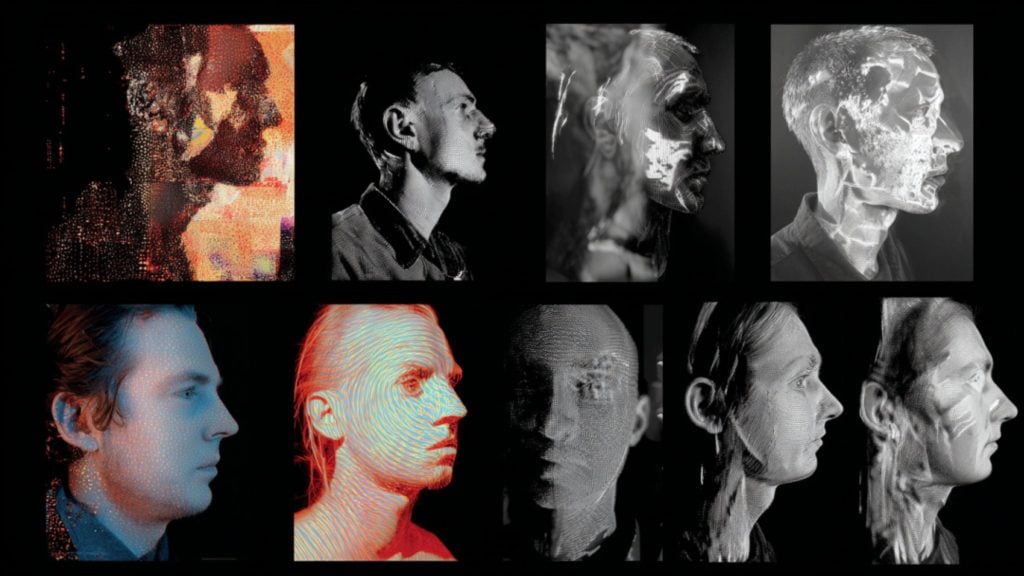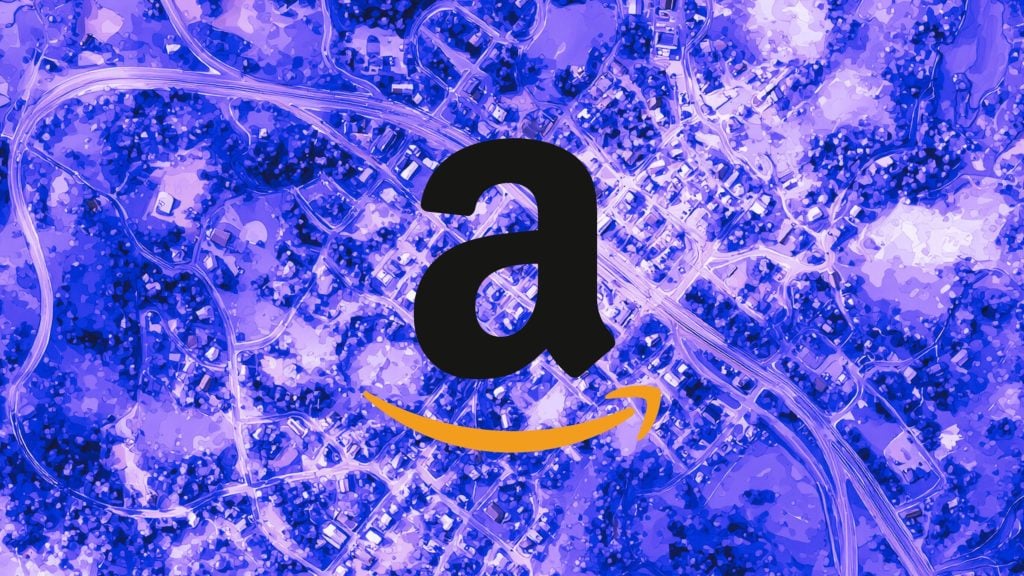The D.C. Circuit Court has declared that the National Institutes of Health (NIH) violated the Constitution by using keyword filters to censor comments on its social media platforms. The court’s decision stems from a dispute involving People for the Ethical Treatment of Animals (PETA), which argued that their comments were unfairly targeted by NIH’s filtering system on Facebook and Instagram. This case highlights ongoing tensions between government control and free speech on digital platforms.
We obtained a copy of the order for you here.
The crux of the court’s decision hinged on three critical findings regarding the nature of the forums in question. First, the NIH’s social media accounts were determined to be limited public forums, a classification that allows for certain restrictions but not indiscriminate censorship. Second, while the NIH has the authority to curtail off-topic discussions, the court found that the agency’s keyword filters overstepped this boundary by blocking on-topic and potentially valuable contributions, particularly those from PETA on posts related to animal testing.
In delineating the scope of acceptable moderation, the court noted that NIH’s social media guidelines were intended to keep discussions relevant to the posted content. However, it criticized the agency’s keyword filters as overly broad and lacking sensitivity to the context, which, according to the court, resulted in unconstitutional viewpoint discrimination. Notably, NIH’s keyword list included terms directly related to animal rights activism such as “animal,” “cruel,” and even specific hashtags like “#stopanimaltesting.”
The court was particularly scathing in its assessment of the keyword strategy, labeling the approach as not only unreasonable but also inflexible and disconnected from the nuances of real discussions. This misstep, according to the court, skewed the public discourse significantly against PETA’s viewpoint, disrupting a fair and balanced dialogue about NIH-funded activities.
The implications of this ruling are profound. The court’s decision could push government agencies to either significantly improve how they manage social media interactions or retreat from interactive engagements altogether, perhaps choosing to use their platforms solely for broadcasting information without allowing public feedback. This potential shift could have chilling effects on public discourse, particularly in digital spaces typically viewed as democratic venues for diverse opinions and debates.
The outcome is a clear victory for PETA, securing both the validation of their claims and a precedent that may deter future governmental overreach in social media moderation.

